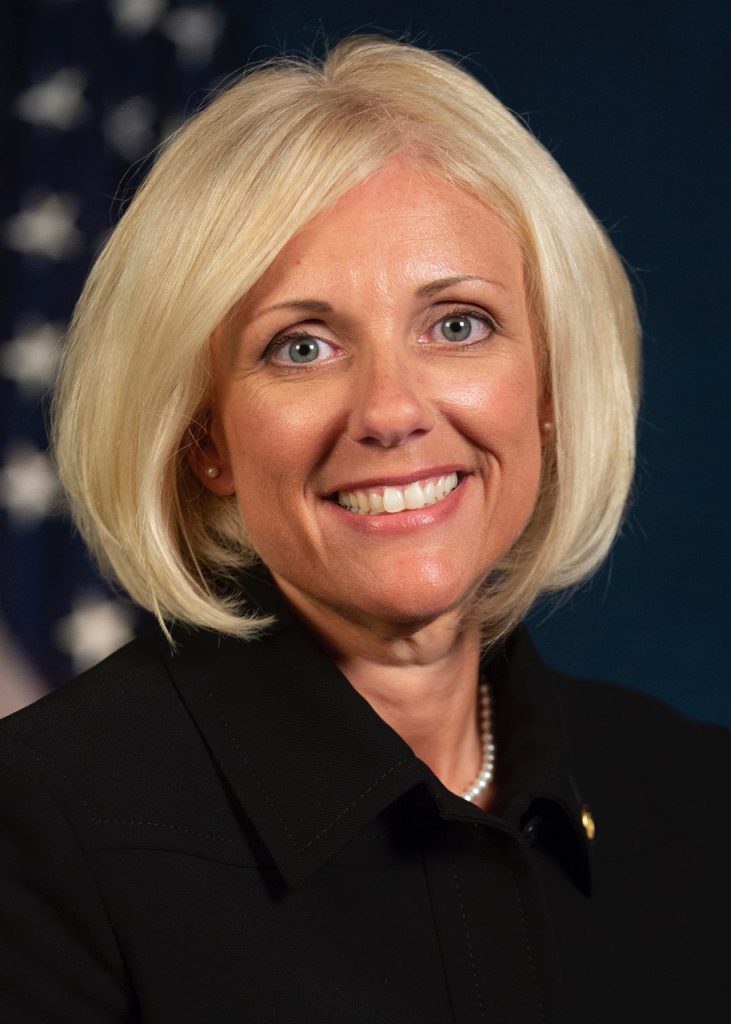The National Transportation Safety Board along with a number of aviation associations welcomed recent action by the FAA that will require charter airlines, commuter airlines, helicopter emergency medical services, air tours and certain aircraft manufacturers to implement safety management systems (SMS), but the NTSB says still more action is needed to protect all passengers.

“Requiring more operators to implement proven strategies to protect the flying public is a positive step for safety, and one the NTSB has long supported,” said NTSB Chair Jennifer Homendy. “I applaud FAA for today’s action, which will go a long way toward protecting flight crews and passengers in our skies. We look forward to working with FAA to address even more of our safety recommendations and, together, make our nation’s stellar aviation safety record even better.”
SMS is an organizational-wide system that ensures operators and manufacturers are properly identifying, assessing, and mitigating the conditions that exists before an accident occurs. By collecting and analyzing data on potential problems and evaluating mitigations, operators and manufacturers can properly predict and prevent accidents.
“Safety is the top priority for the aviation industry and as a strong supporter of SMS standards for aviation manufacturers for many years, GAMA welcomes the FAA’s final rule,” said General Aviation Manufacturers Association (GAMA) President and CEO, Pete Bunce. “SMS is a structured and proactive approach to managing safety, fostering a robust safety culture that positively impacts a company’s management, employees, products and services, and strengthens communication and the resolution of safety issues across all levels and disciplines of the company. We appreciate the FAA Aircraft Certification Service for working with manufacturers on the voluntary SMS program and applaud the FAA for issuing this final rule to further strengthen our aviation safety systems through SMS implementation and oversight. We also recognize the U.S. Congress for its support of SMS and the important legislative contribution to the completion of this rulemaking.”
The NTSB issued its first aviation recommendation on SMS in 2007 that resulted in the FAA requiring commercial air carriers to implement an SMS. However, NTSB investigations have consistently supported expanding the requirement for SMS to other aviation service providers. Their investigation of the Jan. 26, 2020, helicopter crash in Calabasas, California revealed that, although the operator of that on-demand flight had implemented an SMS, the operator had no documented policy and safety assurance evaluations, which hindered the effectiveness of its SMS. The NTSB recommended that operator participate in the FAA’s voluntary SMS program, which the company decided to not implement. Low participation in these voluntary programs despite FAA promotion, underscores the importance of a mandate.
“This is a significant step forward for aviation safety. I’m pleased the FAA issued the final rule requiring all Part 135 operators and Part 91.147 air tour operators to implement a Safety Management System,” said NTSB member Michael Graham, “Operators are safer when they proactively and systematically identify hazards and mitigate their changing risks through a Safety Management System.”
“It appears that the FAA has thoughtfully considered industry input in their drafting of the final SMS rule. In particular, NATA notes the extended timeline provided for industry to come into compliance and the accommodations for single pilot operators,” stated NATA Vice President of Regulatory Affairs Alan Stephens.
NATA President and CEO Curt Castagna said SMS is already an integral part of the aviation safety culture; this action solidifies our members’ dedication to system implementation and advancements. “We are continuing conversations with the Agency to address our remaining concerns and develop opportunities to increase the industry’s understanding of the new requirements. We look forward to the release of further FAA guidance that will inform both industry and agency field personnel on process and procedures for effective implementation.”
The NTSB currently has 6 open recommendations to the FAA regarding SMS (A-16-036, A-19-028, A-21-013, A-21-014, A-21-048, A-22-015). The NTSB is currently reviewing the rule to determine which recommendations would be satisfied by it. The NTSB’s response to an earlier Notice of Proposed Rulemaking on this issue is available on its website.



